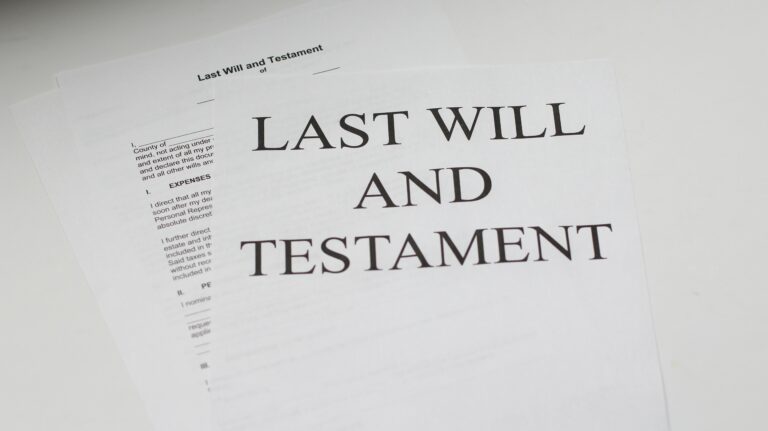
What Does a Last Will and Testament Do?
Your will is the foundation of an estate plan, used to instruct your executor on distributing property, naming a guardian for minor children, creating a legacy and ensuring that your beneficiaries receive what you want. The will can also serve to disinherit a family member, as explained in the recent article “Last will can both include and exclude heirs” from The Record-Courier.
The process of cutting someone out of a will is known as “disinheriting.” Hurt feelings and tension among family members are inevitable when someone is disinherited. However, if the goal is to avoid litigation between family members, an experienced estate planning attorney will be needed. It takes careful planning to avoid creating a will contest. Disinheriting adult children increases the likelihood of them contesting the validity of the will.
Laws concerning inheritance rights vary. In Nevada, for instance, unless there is a prenuptial agreement, you cannot completely disinherit a spouse. Even if your will attempts to disinherit a spouse, in some cases the law will actually override the instructions in the will or trust and award a portion of the estate, known as the elective share, to a surviving spouse. If this is a concern, check with your estate planning attorney.
Adult children can be disinherited. However, minor children are often protected against disinheritance.
Parents can be disinherited if they outlive the decedent, since they are not always legally entitled to a share of their children’s estate.
Extended relatives can also be disinherited. Some estate planning attorneys will conduct a search for missing heirs or beneficiaries while preparing an estate plan to be sure there are no unknown legal heirs who might make themselves known to a decedent’s surviving spouse or other heirs.
Estranged biological children can be disinherited. However, the last will and testament must be properly prepared.
The reasons for disinheritance very from estrangement to the decedent believing their family member is financially secure and doesn’t need the inheritance. It is not necessary for the last will and testament to explain the reason for the disinheritance. However, it is advised to use a disinheritance clause to ensure the heir or beneficiary is removed and will not inherit under the will.
To protect the integrity of the will, it is also advised to include a no-contest clause in the will. This is a provision expressing a directive to eliminate the share allocated to any beneficiary who takes action to contest the testator’s intents as expressed in the will.
The last will and testament is the person’s last communication with loved ones. There is no further opportunity for clarification once they have passed. This is why it’s so important to have a will and for the will to explicitly state the names of the beneficiaries and the names of any disinherited persons.
When you meet with your estate planning attorney to create or update your last will and testament, be prepared to tell them if there are any family members who you want to disinherit, so they can create a last will and testament and an estate plan designed to withstand challenges.
Reference: The Record-Courier (Dec. 17, 2022) “Last will can both include and exclude heirs”


